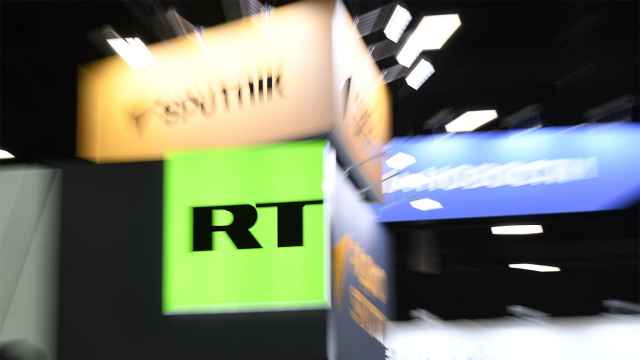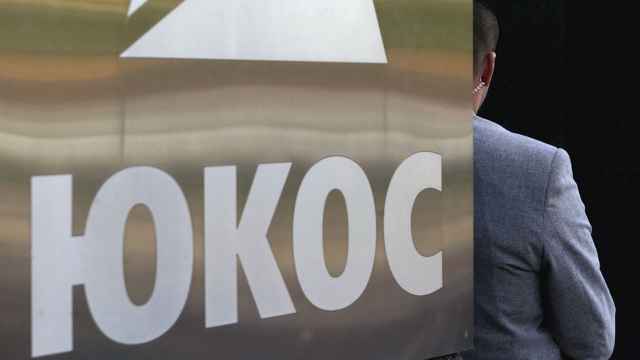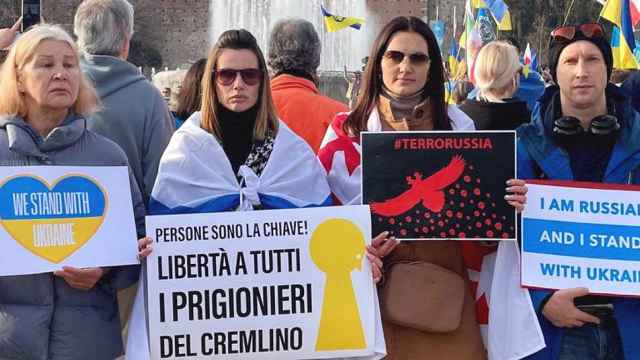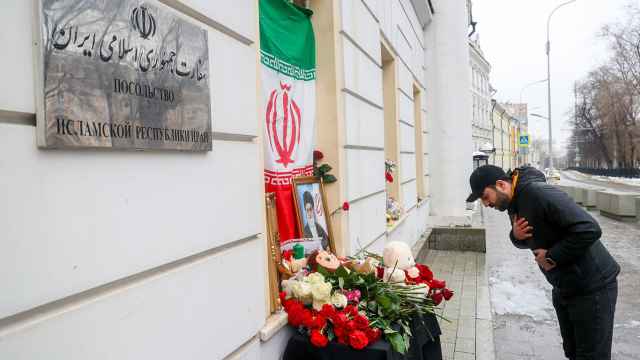In an unprecedented assault on a sitting regional leader, masked officers on Tuesday raided the office of Kirov Governor Nikita Belykh, once an outspoken opposition leader and a friend of anti-corruption whistle-blower Alexei Navalny.
The raid was connected to an ongoing case of theft of state property involving a subordinate of Belykh and three others, investigators said Tuesday in a .
But speculation swirled that the Kremlin was in fact moving to intimidate and oust Belykh, a liberal who was appointed by President Dmitry Medvedev in 2008 and had expressed hopes of running for the post in recently reintroduced popular elections.
Belykh is the second governor to come under fire in less than a week. President Vladimir Putin dismissed Dagestan leader Magomedsalam Magomedov on Monday.
 Nikita Belykh
Nikita Belykh
MT
Video footage broadcast on state-controlled NTV's evening news showed special forces officers in black balaclavas entering a government building and approaching the door to Belykh's office.
They also searched an official residence near Chyornoye Lake where Belykh “loves to relax,” the Communist Party's Kirov region branch said on its website.
Investigators have accused Konstantin Arzamstsev, former head of the Kirov region's property department, and three accomplices of participating in a scheme that saw the state-owned Urzhumsky Distillery sold at about 90 million rubles ($3 million) below market value in 2010.
The accomplices are in police custody, and investigators announced on Tuesday that Arzamstsev was a wanted man.
Navalny is not among the accused, but investigators said in December that they were checking to see whether he was involved.
A spokeswoman for Navalny, who worked as an unpaid adviser to Belykh in mid-2009, said he left the Kirov region for the United States about six months before the events in question, Interfax reported.
Former Kirov Deputy Governor speculated that Tuesday's raid was a way to pressure Belykh after Navalny's links to the case proved too tenuous.
“[The case] was initially an attempt to pressure Navalny. But when it was determined that it would be very difficult to pressure Navalny through this case — he simply wasn't at all present — it's being used to lean on Nikita Belykh,” she told Dozhd TV.
On Twitter, Gaidar also described the raid as the end of the “Medvedev thaw,” a reference to liberal reforms undertaken during Medvedev's presidency, whose end in May coincided with massive clashes between protesters and riot police on the eve of President Vladimir Putin's inauguration.
Since then, the government has hiked fines for unsanctioned protests, broadened the definition of treason, forced certain “political” NGOs to register as foreign agents, and opened criminal cases against prominent opposition leaders, including Navalny and Sergei Udaltsov, a radical leftist.
Navalny alone faces three investigations, including one into allegations that he stole 100 million rubles ($3.3 million) from the Union of Right Forces in 2007, when the now-defunct party was headed by Belykh. Police questioned the governor in connection with the case in October.
But investigators appeared to have more questions on Tuesday, summoning Leonid Gozman, former head of the Union of Right Forces, in for questioning next week.
“It looks like it's about the [Union of Right Forces]. Is everyone trying to nab Navalny?” Gozman tweeted.
Navalny is also accused of organizing the theft of 10,000 cubic meters of timber while an adviser to Belykh, causing the Kirov regional government to lose 16 million rubles ($529,000).
A third investigation, involving Navalny and his younger brother, Oleg, focuses on 55 million rubles ($1.8 million) that investigators say the pair stole from a foreign company.
Contact the author at [email protected]
Related articles:
A Message from The Moscow Times:
Dear readers,
We are facing unprecedented challenges. Russia's Prosecutor General's Office has designated The Moscow Times as an "undesirable" organization, criminalizing our work and putting our staff at risk of prosecution. This follows our earlier unjust labeling as a "foreign agent."
These actions are direct attempts to silence independent journalism in Russia. The authorities claim our work "discredits the decisions of the Russian leadership." We see things differently: we strive to provide accurate, unbiased reporting on Russia.
We, the journalists of The Moscow Times, refuse to be silenced. But to continue our work, we need your help.
Your support, no matter how small, makes a world of difference. If you can, please support us monthly starting from just $2. It's quick to set up, and every contribution makes a significant impact.
By supporting The Moscow Times, you're defending open, independent journalism in the face of repression. Thank you for standing with us.
Remind me later.





